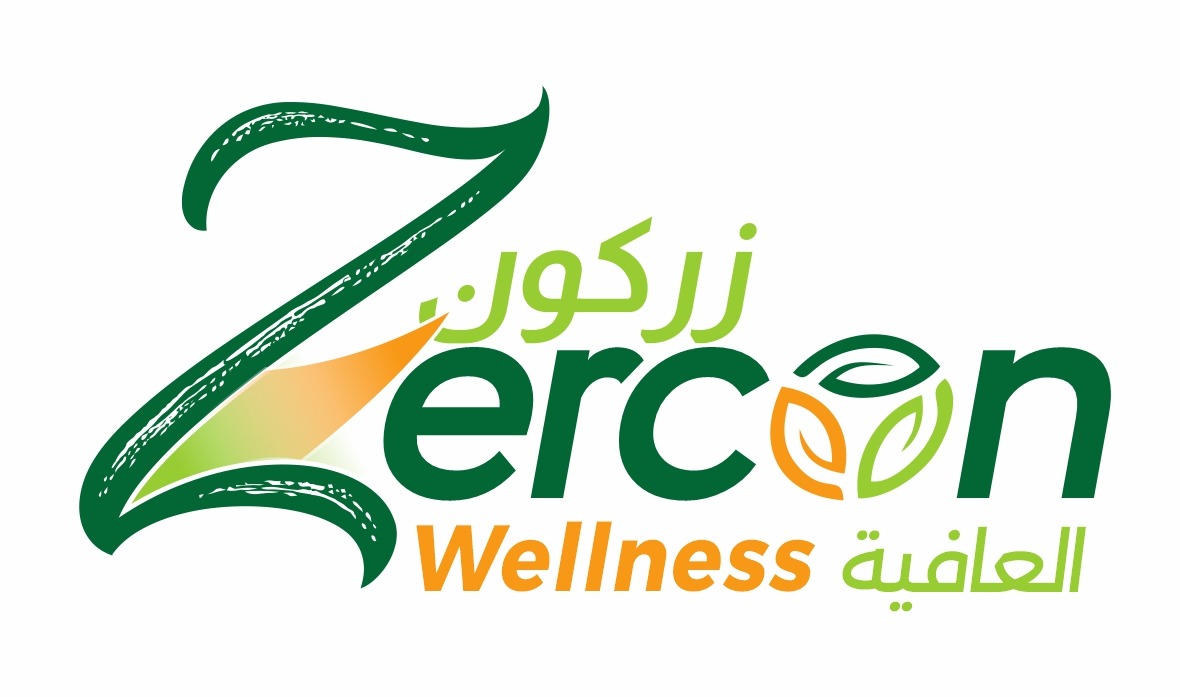“Imagine laying the foundation for your child’s entire future—before they even say their first word. Research shows that the first 1,000 days—from conception to a child’s second birthday—are a critical window that shapes lifelong health, intelligence, and happiness. It’s a short period with effects that last a lifetime.
Why Are These 1000 Days So Crucial?
Every heartbeat in the womb, every meal after birth, and every loving hug all contribute to growth. During this time:
- The brain forms up to 1,000 neural connections every second.
- The immune system learns how to fight infections.
- Food preferences and lifelong habits start taking shape.
According to the World Health Organization (WHO), no other phase has such a powerful influence on survival, growth, and long-term health.
Stage 1: Pregnancy – Nurturing Life Before Birth:
Pregnancy is more than waiting for a baby—it’s about building health for the future. A mother’s nutrition has lifelong effects on her baby.
WHO Recommendations:
- Take daily iron and folic acid to prevent anemia and birth defects.
- Ensure enough iodine for brain development.
- Eat a balanced diet with proteins, whole grains, fruits, and vegetables. • Avoid alcohol, smoking, and too much caffeine.
- Think of it this way: every meal you eat is also a meal for your baby.
Stage 2: Birth to 6 Months: Nourished by Mother’s Milk
Breast milk is the gold standard—it provides complete nutrition, antibodies, and comfort.
WHO advises:
- Exclusively breastfeed for the first 6 months (no water, formula, or solids).
- It protects against illness, supports healthy growth, and strengthens bonds.
- Breastfeeding is more than nourishment—it is love, comfort, and immunity in one.
Stage 3: 6 Months to 2 Years – Small Bites, Big Impact:
At six months, babies need more than milk. Complementary foods provide essential nutrients.
WHO Guidelines:
- Start with iron-rich foods like lentils, eggs, beans, or pureed meats. • Add colorful fruits and vegetables for vitamins.
- Continue breastfeeding alongside solid foods until 2 years or more. • Avoid sugary, salty, and processed foods.
- Every spoonful introduces your child to tastes, textures, and healthy habits.
Beyond Nutrition: Love Builds Brains:
- Food fuels the body, but love fuels the mind. Talking, singing, hugging, and playing stimulate brain development faster than any supplement.
- Research shows children who receive both good nutrition and nurturing care thrive in school and in life.
Challenges Around the World:
Sadly, many children still miss this opportunity. UNICEF reports that 1 in 3 children under five are stunted due to poor nutrition during the first 1000 days. Poverty, food insecurity, and lack of support prevent families from giving children the best start. This makes community awareness and policy support critical.
A Quick WHO Parenting Checklist:
- Eat well during pregnancy (balanced meals + supplements).
- Exclusively breastfeed for the first 6 months.
- Introduce iron-rich complementary foods at 6 months.
- Avoid junk food and sugary snacks.
- Play, talk, and show love daily.
Final Thoughts: Your Child’s Future Starts Now:
The first 1000 days are not about perfection—they’re about small, consistent steps that lead to lifelong rewards. From the meals you eat during pregnancy to the foods and love you give your child, each choice builds their future.
Invest in these 1000 days—they are a gift of health, happiness, and endless possibilities.”
Written By: Naveen Masood
